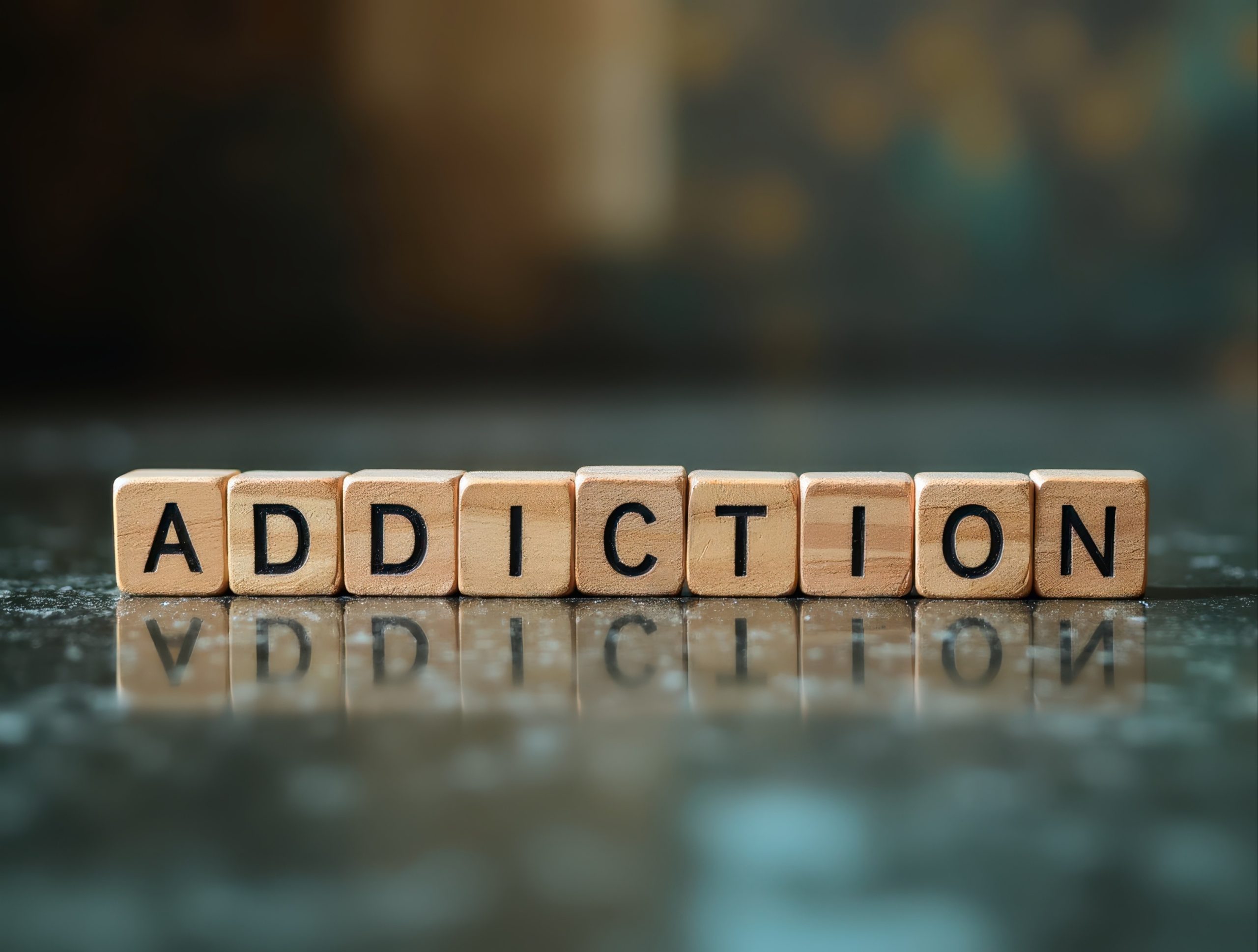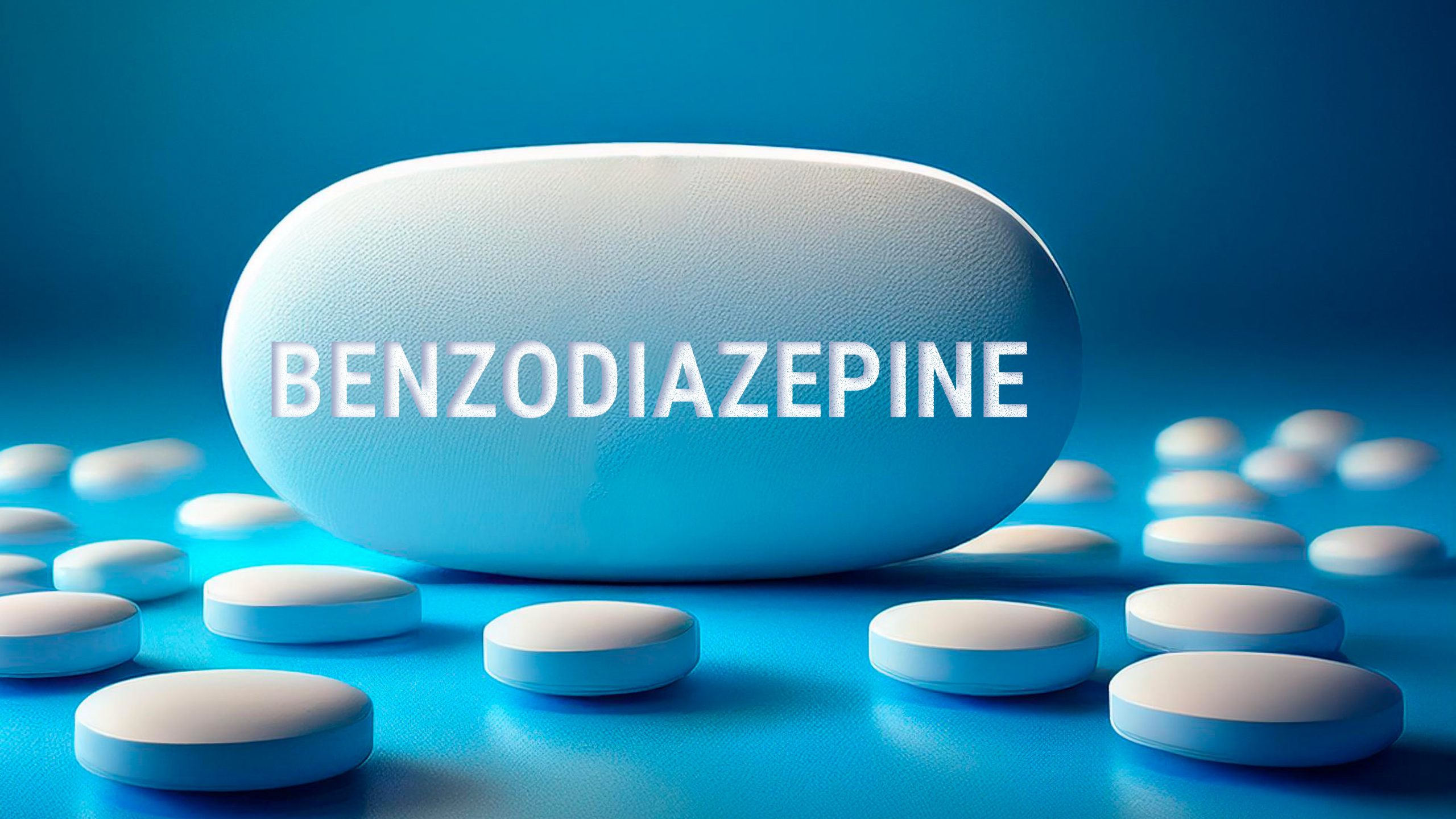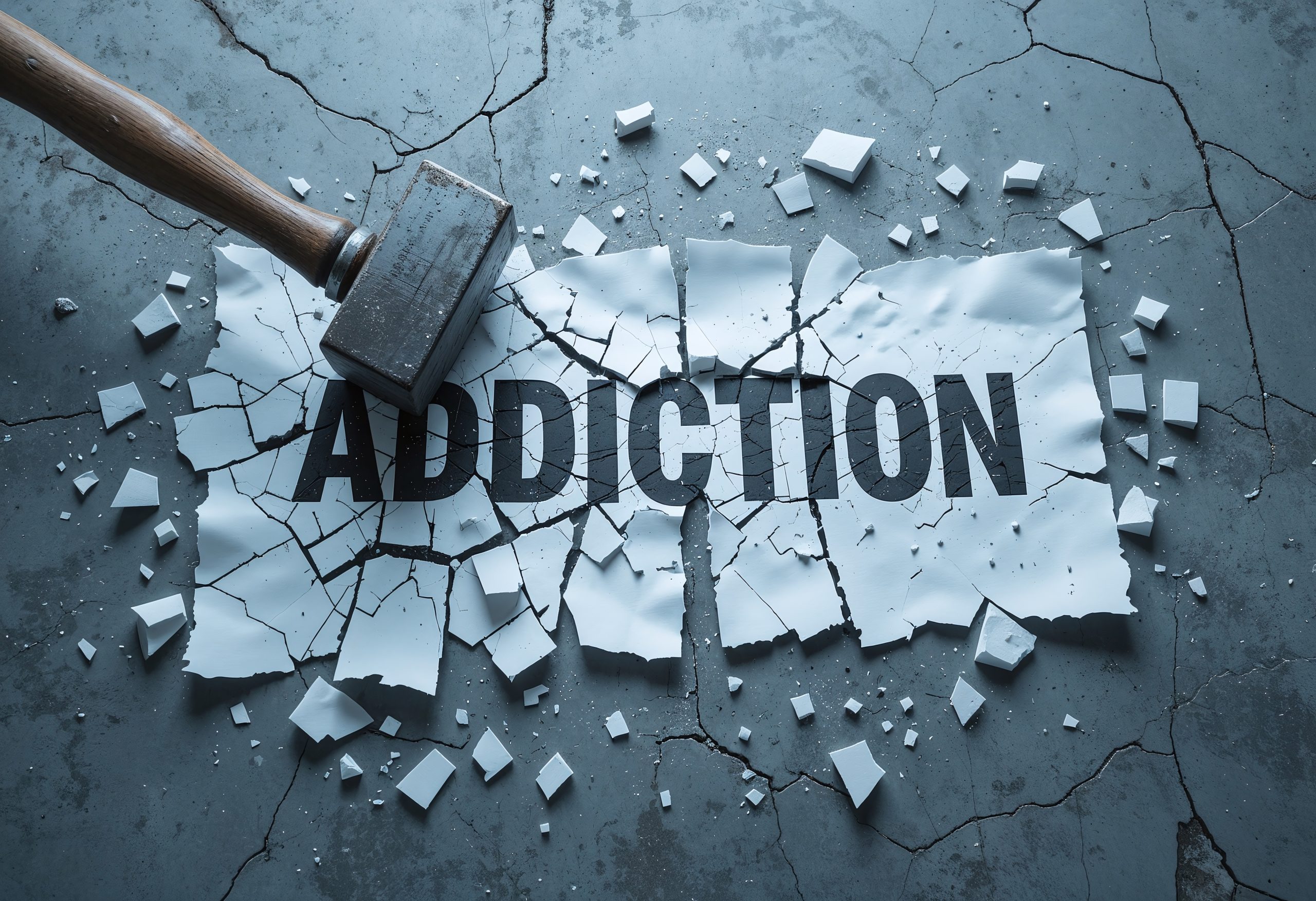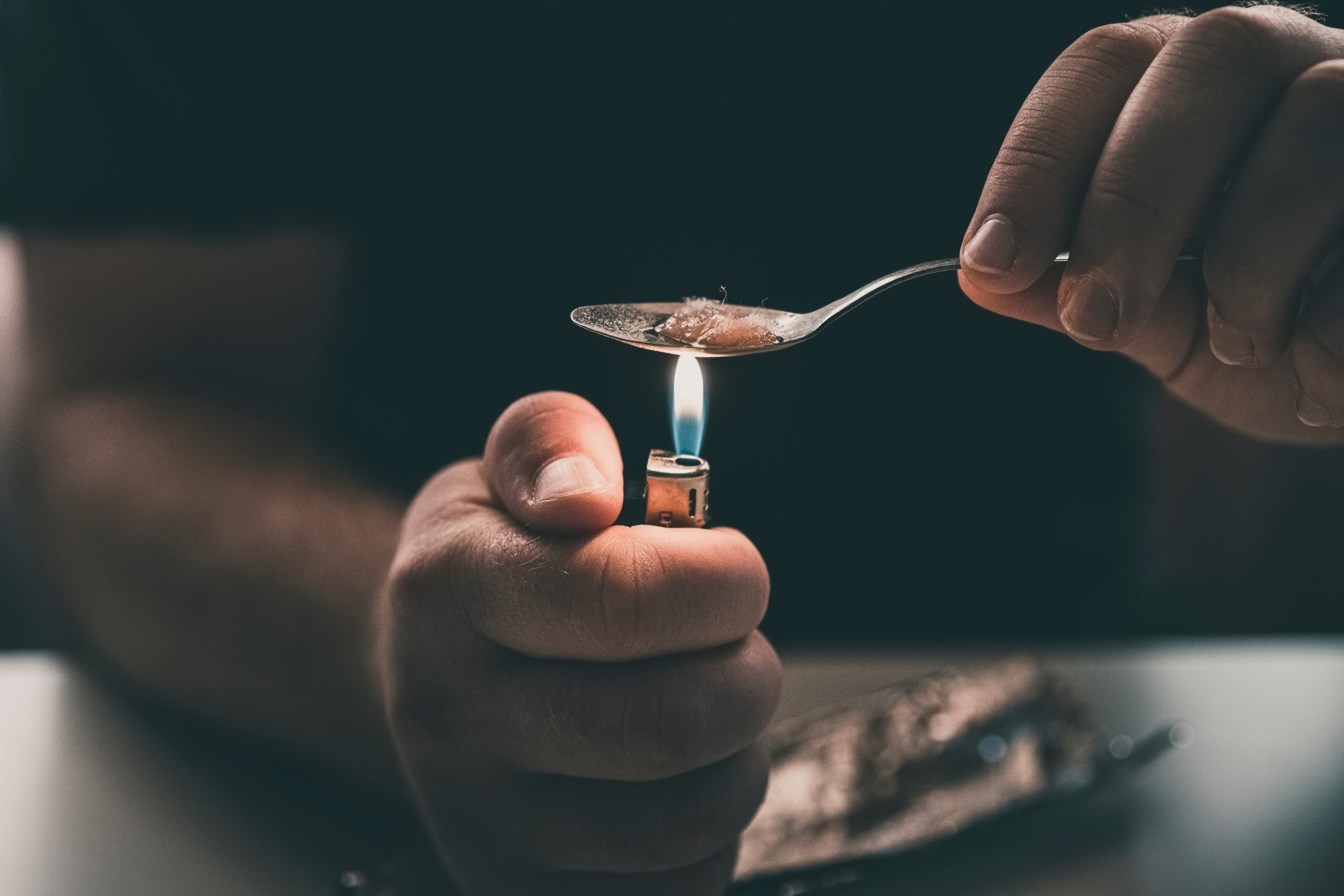Effective Strategies for Overcoming Compulsive Addiction
Table of Content
Addictions develop through patterns of thought, behavior, and action. Most people who fall into substance abuse and neurochemical dependence get there through a mindset of compulsion, impulsivity, and obsession. Compulsion often follows certain degrees of obsession or habituation. It involves repetitive behaviors or reasoning we feel driven to perform. We’re impulsive when acting on sudden urges like cravings and withdrawal symptoms. When we think obsessively about drinking, gambling, shopping, and other activities that light up our brain reward circuits, we risk falling into addiction. All addiction disorders are compulsive to a certain extent. However, there’s a fine line between compulsion and dependence.
Crossing the Relief-Pleasure Barrier
Mental health professionals define obsessive-compulsive disorder (OCD) as a condition that features repetitive behaviors performed to alleviate deep-seated anxieties. The reward of OCD is relief. Addictions, on the other hand, feature a primary desire for pleasure and a secondary goal of relief. In the clinical context, when OCD patients cross the relief-pleasure barrier, they’re more likely to develop neurochemical addictions to psychoactive substances or activities
Understanding Compulsive Addictions
Gambling, shopping, and sex are often mentioned when discussing compulsive addictions that are more accurately described as behavioral addictions. Alcoholism and all other substance use disorders have various degrees of compulsion. Nevertheless, they turn into compulsive addictions when four signs are present: preoccupation, lack of control, negative life effects, and continued behavior. Generally, compulsive addictions can be difficult to overcome because they cause individuals to feel driven. For many individuals, compulsive addictions are overwhelming because they generate repetitive and irresistible urges despite knowing about the negative consequences.
Underlying Depression and Anxiety
Many OCD and compulsive addiction patients aren’t aware of the underlying issues fueling their conditions, which are almost invariably anxiety and depression. Studies on the relapse rates among people who relapsed while attending Alcoholics Anonymous meetings indicate anxiety and depression were significant causal factors. These are co-occurring mental health conditions that should be treated along with dependence. The successful treatment of addiction should always consider all root causes. Most compulsive addictions are compounded by anxiety, which for many patients is a pathological reaction to depression.
Treatment for Compulsive Addiction
All addiction treatment plans must address physiological and clinical issues before rehabilitation and recovery. Depending on the severity of the addiction, this may require detoxification and medication. Behavioral addictions such as compulsive gambling call for mental health assessments to determine if preexisting OCD prompted the crossing of the relief-pleasure barrier. When this happens, medications to treat anxiety and depression are often prescribed. Cognitive behavioral therapy (CBT) is a primary treatment strategy that often includes classic conditioning. The treatment plans for compulsive addictions tend to be longer and more elaborate. For many patients who understand the long-term aspect of their recovery journeys, working with sober lifestyle coaches, such as those who offer Carlsbad recovery coaching, is effective because they can get practical reinforcement of CBT and classic conditioning.
If you or a loved one is struggling with compulsive addiction, reach out to an experienced interventionist. Carlsbad Sober Lifestyle Coaching offers personalized support to help you break free from the cycle of addiction and take the first step toward recovery. Contact us now to start your journey to a healthier, more fulfilling life.
Add Comment
You must be logged in to post a comment.








